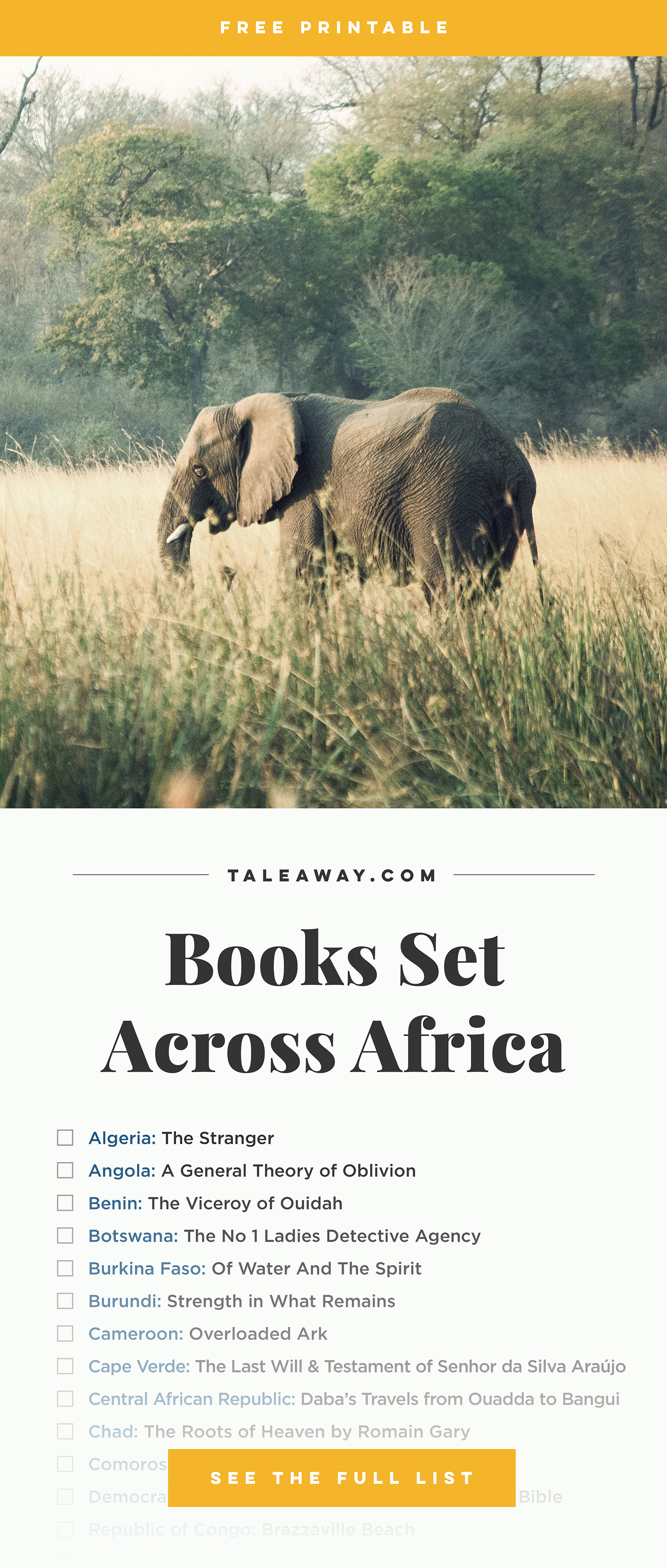

Africa, as Chinua Achebe once put it in an essay on Conrad, is reflexively presented as the “other world”, the “antithesis of Europe and therefore of civilisation”. From Conrad and Céline to Georges Simenon and, more recently, the French Canadian Gil Courtemanche, author of the novel A Sunday at the Pool in Kigali, sub-Saharan Africa has long provided a ready-made setting for narratives of moral disintegration. Wainaina’s essay is jaunty and playful in tone, but the tips of his well-directed arrows of scorn have been dipped in poison and they are aimed straight at the heart of all those who presume to know and write about Africa from the outside, without knowledge of African languages or local cultures. It’s unlikely that V S Naipaul has read Wainaina’s essay – he has low regard for the work of nearly all contemporary writers – but it’s very likely that Wainaina has read Naipaul and many other esteemed non-African chroniclers of decolonised Africa, including Ryszard Kapuscinski and Paul Theroux. “Taboo subjects: ordinary domestic scenes, love between Africans (unless a death is involved), references to African writers or intellectuals, mention of school-going children who are not suffering from yaws or Ebola fever or female genital mutilation.”

“Make sure you show how Africans have music and rhythm deep in their souls, and eat things no other humans eat,” he continues. “Always use the word ‘Africa’ or ‘darkness’ or ‘safari’ in your title,” he begins, urging the writer who is setting out on his journey to treat Africa as if it were one rather than 54 separate countries, so as to hasten generalisation. In his delightfully sarcastic essay “How to Write About Africa”, Binyavanga Wainaina, the Kenyan-born writer and gourmand who is now a restless citizen of the world, offers some helpful tips to aspirant travel writers. The Masque of Africa: Glimpses of African Belief


 0 kommentar(er)
0 kommentar(er)
